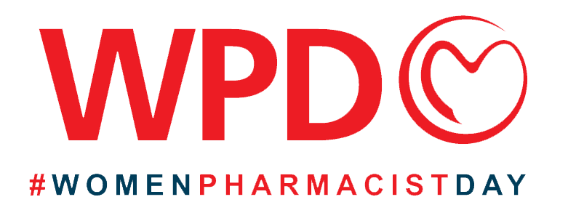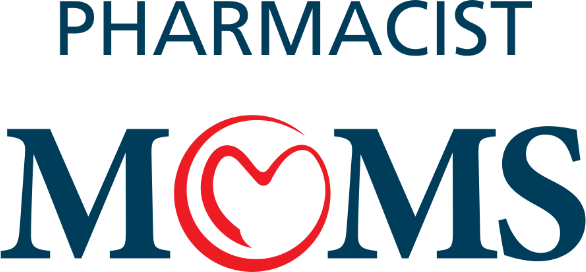A Tale of 2 MSL Board Certifications
ACMA and The Medical Science Liaison Society (MSLS) have different board certification credentials and the question becomes which is the right one for each MSL. This two-part series endeavors to compare both certifications equipping professionals to make that decision for themselves.
Author: Jill White PharmD, BCMAS
A Tale of 2 MSL Board Certifications: What You Should Know – Part 1
According to the Accreditation Council for Medical Affairs (ACMA) the Medical Science Liaison (MSL) profession has exploded to over 3000 MSL’s across the country and is still growing. This number is inclusive regardless of the name du jour from an individual company to include: Regional Scientific Director, Clinical Liaison, Thought Leader Liaison, Field Medical Director etc. With the growing number of professionals and one of the most varied entry experience requisites of any career field all funneling into a single job description it was certain that the time would come that a board certification would be needed. Several years ago many did not believe that it would be possible to have a certification that broadly sweeps small and large organizations and everything in between including all therapeutic areas. However, that is no longer debatable as two companies have found a way to make this board certification possible, testing examinees on everything but the science. ACMA and The Medical Science Liaison Society (MSLS) have different board certification credentials and the question becomes which is the right one for each MSL. This two-part series endeavors to compare both certifications equipping professionals to make that decision for themselves.
‘MSL board certification is here, testing everything but the science.’
ACMA launched their accredited board certification program over 3 years ago; those who pass will garnish the BCMAS credential or are deemed Board Certified Medical Affairs Specialists. In contrast the MSLS made their program available earlier this year following a reported two-year collaboration process – and after passing the MSL professional will be entitled to the credential MSL-BC.
Certification vs. Certificate
Both are official board certifications, not certificate programs – meaning the idea isn’t to simply learn about being an MSL the goal is to prove you know what the credential specifically implies, BCMAS leaning towards overall medical affairs (MA) and MSL-BC focusing on the MSL career specifically. One credentialing note of differentiation here: there is an amount of verbal diarrhea when it comes to who’s the first this or which company has the only that, and both credentialing bodies claim to be the world’s first and/or only ‘fill in the blank’. However, after careful investigation it appears the BCMAS is the only accredited board certification while MSL-BC does not appear to be accredited – though nearly 2 dozen respected leaders in medical affairs were apart of the credentialing examination collaboration process (if you are attached to the organization and have more complete information please don’t hesitate to reach out for a correction as this specific point was hard to ascertain).
Taking the Exams
ProctorU is utilized by both organizations for proctoring of the exam and both are completed under timed conditions following an identity verification process. Either way you will be watched and recorded while sitting for the test. The MSL-BC allows up to 4 hours for the 140-question multiple choice exam (of which 125 count toward your mark). BCMAS allows up to 3 hours for their four-section exam which includes multiple choice, true/false, select all that apply and case study formatted questions totaling between 90-100 questions. Each of the certifications require you to complete CE and/or retest every few years to keep the board certification current. MSL-BC requires this be accomplished every 3 years while BCMAS has an every 5 year requirement.
A Note about the Credentialing Organizations
Notwithstanding and beyond the scope of this review but for completeness, both the MSLS and ACMA are worthy non-profit organizations with outstanding missions, prestigious boards of governors and either (or both) is a great choice for a professional membership regardless of which board certification you choose. A yearly membership to ACMA is approximately 2/3 the cost of MSLS ($200 vs. $290), but the outward appearance is that MSLS is a more active society and the membership includes the newly published digital MSL Journal. A quick search of Linked In will show a splattering of the newly developed MSL-BC professionals while a similar inquiry will find a larger number of those with the BCMAS credential many of whom are in more leadership medical affairs positions (the larger number no doubt due to the fact that BCMAS is for all of MA not specifically MSL’s and has been around for an extended period of time comparatively). During this same search you will find a handful of over achievers who have added the MSL-BC to their already certified BCMAS.
Part 2 of this short series will dive deep into the specifics of each of the certifications, including detailed descriptions of both programs, cost of the certification and exam fees and who is eligible to sit for each exam (spoiler alert: it is not the same group of test takers). Individual career development paths is discussed specific to each credential and how board certification is impacting organizations on a macro level.
*A note from the author: I penned these articles while waiting for my exam results from BCMAS. It should be stated that all attempts were made to write an unbiased review article, however, only going through 1 of the certification programs and exams may have made it more difficult than expected. To be fair, I will gladly prepare and sit for the MSL-BC if the MSLS would like a follow up article after the fact – please contact me.
A final note, I am not affiliated nor a member of either the MSLS or ACMA Society at this time but would consider either a great choice.
A Tale of 2 MSL Board Certifications: What You Should Know – Part 2
Part 1 of this series demonstrated the Why, What and Who of MSL board certification programs. This part will complete the story with How, How much and what the impact of these credentials mean to MSL professionals across the country.
BCMAS Certification
Associated preparation for each exam varies greatly. The Accreditation Council for Medical Affairs' (ACMA) BCMAS certification fee (more on that later) comes along with access to their learning management system (LMS) which includes 20 self-paced online training modules. These modules cover every aspect of the medical affairs organization and include details such as the pharmaceutical industry’s history (it can be traced back to German universities and organic chemistry) to drug development and approval process to medical device to pharmacovigilance. Each module starts with a pre-quiz then repeats this quiz as a post-quiz allowing the user to follow their learning progress. All 20 post-quizzes must be passed prior to sitting for the certification exam with ProctorU. ACMA suggests that the process can take between 3-4 months depending on the amount of time devoted to studying the material but provides 6 months access to the program’s contents. Each of the 20 modules will take approximately 2 hours to complete and a bonus is that a handful of the modules are eligible for CME/CE for MD’s and PharmD’s.
Who can sit for the BCMAS exam?
ACMA states that all the information needed to pass the BCMAS exam is contained within the 20 modules and they allow anyone who holds an “MD, PharmD, PhD, DO, MBBS, DNP, NP, PA, BPharm, PsyD, or other relevant degree from an accredited college, university or institution” to apply for the credential with or without relevant work experience in the pharmaceutical industry. Some test takers would argue, however, that without time in industry even given the 20 modules passing the exam is not an easy achievement. However, once passed the BCMAS credential may help those unable to break into the medical affairs world have a chance at a coveted position.
MSL-BC Certification
Conversely, the Medical Science Liaison Society (MSLS) takes a different approach to exam preparation and the needed qualifications to sit for the test. There is no LMS that provides an education or question bank to coincide with your studying as you prepare for the exam. Certainly, this is in part due to the reduced fee (again, more on that later) required by the credentialing body. The MSLS does provide a 5- page detailed overview of the “three content areas, 14 tasks, and 60 steps” which will be tested over. In addition, 1½ pages of reference links accompany the overview referencing websites and include pages from the FDA, PhRMA, OIG and a couple of their own reference guides.
Who can sit for the MSL-BC?
To take the MSL-BC you must prove that you have worked as an MSL or MSL manager for over 1 year. This is done via an application to test and job history is verified per the MSLS website – this is not a credential that an aspiring MSL can achieve. However, a terminal degree is not required for the application to sit for the certification as only a bachelor’s degree is necessary. One caveat is that test takers should be prepared for the exam prior to submitting their application to receive an authorization to test (ATT) as once the ATT is provided to the test taker it is only valid for 3 weeks. After taking the exam it may take up to 3 weeks to have your test results for the MSL-BC vs 3-5 business days for BCMAS.
Associated fees
Many pharmaceutical companies are encouraging their MSL’s to garner one of these certifications for their own professional development, or credentialing is also being done as a team and when either of these are the case most organizations will allow the MSL to expense the cost of the program. However, other MSL professionals are on their own to foot the bill for credentialing and enhancing their own career marketability which makes cost of greater importance. The BCMAS fee is $1999 and includes up to 4 exam fees in the case of needing a re-exam while the MSL-BC costs is $550 for non-MSLS members or $450 for members and does not include any re-exam fees (retakes are $400 and $300 each respectively).
Which is the best option?
There are many considerations when deciding between the 2 credentials available to MSL’s and though their approaches are different, both are rigorous and should be respected. If one is an MSL through and through and the possibility of moving into another role besides MSL manager isn’t appealing then MSL-BC may be the best choice. Some people, for personal reasons, are not willing to relocate to the company’s home office and therefore many internal medical affairs positions are not an option. There are many executive and distinguished MSL’s who are approaching 20 years of field medical work and can harness this experience to mentor newer MSL professionals; these are certainly candidates for MSL-BC. Others MSL’s may find cost a factor in which case $550 is more palatable than $1999; or perhaps one appreciates an organization who will only allow a current member of the profession to sit for the certification, again another instance that MSL-BC would be a good fit. In contrast, if an MSL ‘s career development may include other positions within medical affairs then BCMAS would be a more appropriate choice for the credentialing. Moreover, if cost is not a factor and an LMS with detailed learning modules to house exam preparation is desired (versus reviewing overarching objectives and filling in personal learning gaps) then BCMAS is certainly a better option. Lastly, with no previous MSL experience or if an accredited board certification is preferred then BCMAS is the only option. Five years ago, the idea of credentialing Medical Science Liaison’s from varying educational backgrounds working for dozens of different companies each of which require slightly different activities from the MSL professional was an unheard-of feat. Now, regardless of company or therapeutic area MSL’s have options of which board certification they would like to carry behind their name. Not only is it not unheard of, but MSL credentialing is positioned to become the deciding factor for hiring managers between otherwise similarly qualified candidates — over time it will most likely become a standard in the field.
*A note from the author:
I penned these articles while waiting on results from my BCMAS exam. It should be stated that all attempts were made to write an unbiased review article, however, admittedly only going through 1 of the certification programs and exams may have made it more difficult than expected. To be fair, I will gladly prepare and sit for the MSL-BC if the MSLS would like a follow up article after the fact – please contact me.
A final note, I am not affiliated nor a member of either the MSLS or ACMA Society at this time but would consider either a great choice.
References:
About Us. Available at: https://acmasociety.org/about-us/ accessed 4/20/20.
BCMAS Program Information. Available at: https://www.medicalaffairsspecialist.org/board-certified- medical-affairs-specialist-program/program-info/ accessed 4/19/20.
MSLS Board Certification. Available at: https://www.themsls.org/msl-board-certification/ accessed 4/20/20.
MSLS 2020 Member Benefits Guide. Available at:
https://cdn.ymaws.com/members.themsls.org/resource/resmgr/member_guide/member_guide_update-march_2.pdf





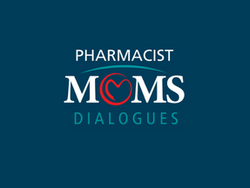
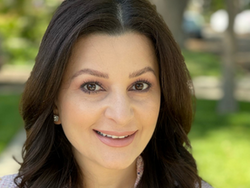

.png)

